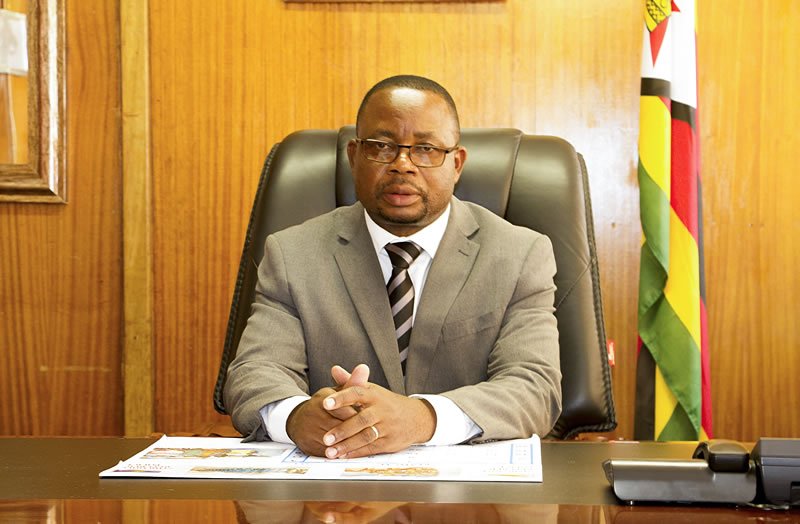|
Getting your Trinity Audio player ready...
|
By Zimbabwe Coalition on Debt and Development (ZIMCODD)
The government of Zimbabwe is currently reflecting on the heavily contested Private Voluntary Organizations (PVO) Amendment Bill (2021) which seeks to regulate the registration and operation of Non-Governmental Organizations (NGOs) in the country.
This bill is supposedly in place to regulate and dictate the registration of NGOs while also curbing money laundering and the use of NGOs as proxies for Illicit Financial Flows.
However, the sincerity of these claims is contested. The bill already went through the first and second readings in the National Assembly, going without contest. Civil society has (since November 2021) posed opposition to the Bill citing various reasons that include the possible weaponisation of the Act, absence of significant public consultation, and the possible detraction of human rights organizations’ work which could lead to loss of life and progress on development indicators among other concerns.
Of concern
As a socioeconomic justice cohort, we are concerned about the effects of this Bill (if passed) on the lives of citizens. Key to note, NGOs are doing important work in democracy and human rights protection, humanitarian/ disaster response, Gender and disability mainstreaming, Water and Sanitation, HIV programming, and many other sectors.
Socioeconomic indicators for these sectors have improved significantly due to the assistance of NGOs given to state actors and will fare worse if these partners are deregistered or curtailed in any way. To note, the Ministry of Health and Child Care, with the support of development partners and NGOs has managed to achieve an 80% decline in annual HIV-related deaths due to support of up to US$2 Billion over the last 2 Decades.
If NGOs and Community Based Organizations (CBOs) benefitting from these funds are affected, surely our 90 90 90 targets will not be achieved. In the same vein, Through the support of various donors and partners, Water and Sanitation projects across the country have achieved significant strides.
One can note the recent Solar-powered piped water scheme launched in Beitbridge at Chikwalakwala Clinic. This scheme will provide clean water for 2,453 beneficiaries, carrying benefits to their sanitation and health outcomes. Where citizens had to walk long distances to access potable water, they can now get it close by.
Furthermore, the substance of the bill has changed since it was gazetted and this occurred without public consultation, a key transparency mechanism. Musa Kika of the Zimbabwe Human Rights Forum laments: ‘’We are particularly concerned that the amendments have been introduced without public consultations. This has been done in violation of section 141 of the Constitution which mandates Parliament to invoke public participation in its legislative processes through a process of consultation with interested stakeholders.’’
Transparency and accountability remain key hallmarks of democracy and the effort to push these amendments contrary to these principles is discouraging and defeating processes of reform that are key to economic turnaround and efforts such as international re-engagement.
Recommendations
Following the above concerns, the government has a responsibility to heed the calls of Civil Society which are to not ascent the bill as it reads now as it will have deleterious effects on development indicators and the efforts of Civil Society. We, therefore, recommend the following:
- Legislators should protect the social contract with citizens and seek to expand rather than shrink democratic space by hindering the efforts of Non-profits.
- The PVO Bill amendments lack public consultation and public hearings. Stakeholders have the right to input their views and concerns. If it is to stand, the processes of public consultation should be conducted extensively.
- The bill restricts democratic space. Freedoms of association and assembly should be upheld and guaranteed for communities including NGOs, CSOs, and CBOs.
- The operating environment for NGOs should be liberal and civil society should have the right to participate in governance processes and to hold the government to account as the system of checks and balances allows.
- Legislators and the Executive should take note of the work being done by NGOs and seek to support especially noting humanitarian players. They should not hamper the assistance that the vulnerable and marginalized communities receive by allowing the PVO Amendment Bill to pass as it reads now.
- Unjustified action against NGOs defeats re-engagement efforts with the international community which are key to economic recovery. This is because re-engagement efforts are premised on democratic indicators which will be affected by continuing shrinking of civic space.






